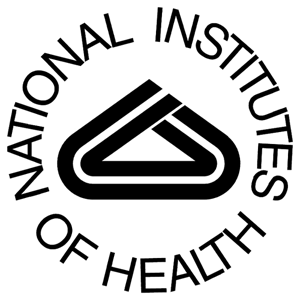 The National Institutes’ of Health (NIH) Advisory Committee to the Director (ACD) has issued a Request for Information (RFI) soliciting input into the deliberations of its newly established Working Group on Data and Informatics, which is seeking to investigate the management, integration, and analysis of large biomedical datasets.
The National Institutes’ of Health (NIH) Advisory Committee to the Director (ACD) has issued a Request for Information (RFI) soliciting input into the deliberations of its newly established Working Group on Data and Informatics, which is seeking to investigate the management, integration, and analysis of large biomedical datasets.
According to the announcement:
The group will gather information from various sources, including internal and external data and informatics experts, and develop recommendations to present to the ACD and the NIH Director on policies regarding the management, integration, and analysis of research data and administrative data.
In its initial deliberations, the working group identified the following issues as important to consider when developing recommendations [after the jump]:
- Scope of the challenges/issues
- Research information lifecycle
- Challenges/issues faced by the extramural community
- Tractability with current technology
- Unrealized research benefits
- Feasibility of concrete recommendations for NIH action
- Standards development
- Data standards, reference sets, and algorithms to reduce the storage of redundant data
- Data sharing standards according to data type (e.g., phenotypic, molecular profiling, imaging, raw versus derived, etc.)
- Secondary/future use of data
- Ways to improve efficiency of data access requests (e.g., guidelines for Institutional Review Boards)
- Legal and ethical considerations
- Comprehensive patient consent procedures
- Data accessibility
- Central repository of research data appendices linked to PubMed publications and RePORTER project record
- Models and technical solutions for distributed querying
- Comprehensive investigator authentication procedures
- Incentives for data sharing
- Standards and practices for acknowledging the use of data in publications
- “Academic royalties” for data sharing (e.g., special consideration during grant review)
- Support needs
- Analytical and computational workforce growth
- Funding for tool development, maintenance and support, and algorithm development
The RFI seeks input from “data and informatics experts and stakeholders, including investigators, administrators, and IT professionals,” among others:
- For any of the areas identified above and any other specific areas you believe are worthy of consideration by NIH, please identify the critical issues(s) and impact(s) on the scientists, institutions, or both.
- Please identify and explain which of the issues you identified are, in your opinion, the most important for NIH to address and why.
- Please comment any specific ways you feel these or other issues would or should affect NIH policies or processes.
All comments must be submitted electronically by 11:59pm EDT on March 12, 2012.
For more information, view the RFI or e-mail the Working Group.
(Contributed by Erwin Gianchandani, CCC Director)









